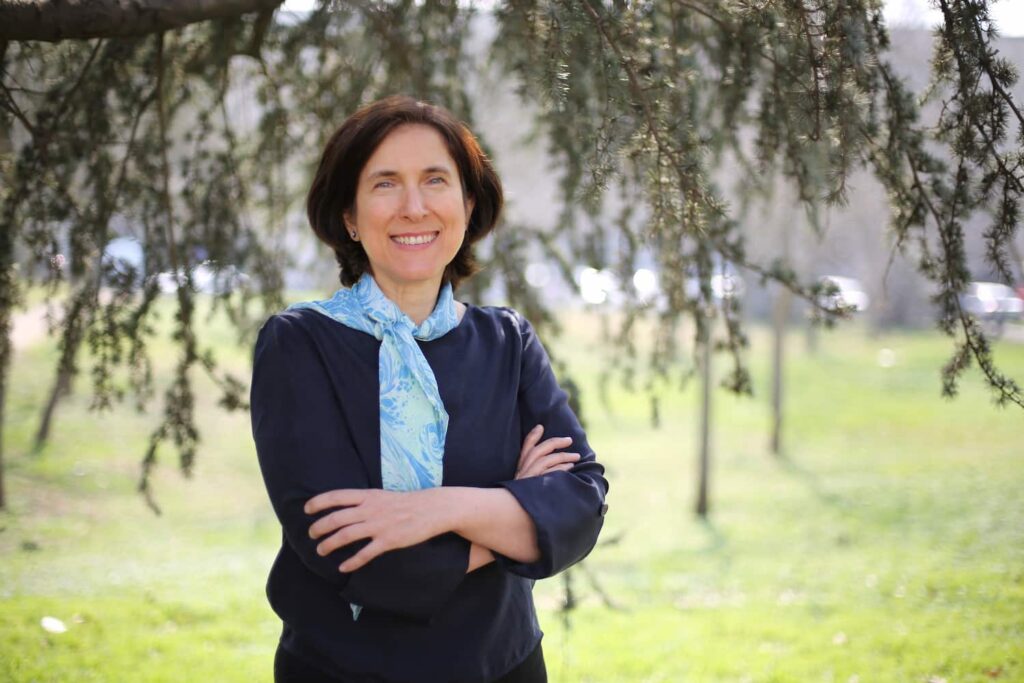
Zehra Cataltepe | CEO and Co-Founder | TAZI.AI
Zehra Cataltepe is the CEO and Co-Founder of TAZI.AI, a predictive artificial intelligence company based in San Francisco. Her company builds a platform powered by machine learning that is simple, explainable, and helpful for people working in customer-facing business roles. TAZI’s mission is clear and focused: to make AI useful and accessible to everyone, not just to experts in data science. Many of their clients are in the financial services industry—banks, insurance companies, and wealth managers—who rely on TAZI to help them with tasks like keeping customers, attracting new ones, and detecting fraud. What makes TAZI’s technology special is that it can learn continuously, explain its actions clearly, and be deployed quickly and safely. At EliteX, we are proud to have Zehra Cataltepe as part of the edition: Tech Visionaries: Shaping the Future, 2025.
Zehra’s journey into technology began long before AI became a popular buzzword. She earned a Ph.D. in Computer Science from the California Institute of Technology, with a focus on machine learning. Her early career included roles at Bell Labs and Siemens Corporate Research, where she worked on making AI systems that engineers could use in real-world applications. She also served as a professor and chair of the Computer Engineering Department at Istanbul Technical University, mentoring many students who have gone on to contribute to the field. With over 35 years of experience in AI, Zehra brings a deep understanding of both the technology and the people who use it.
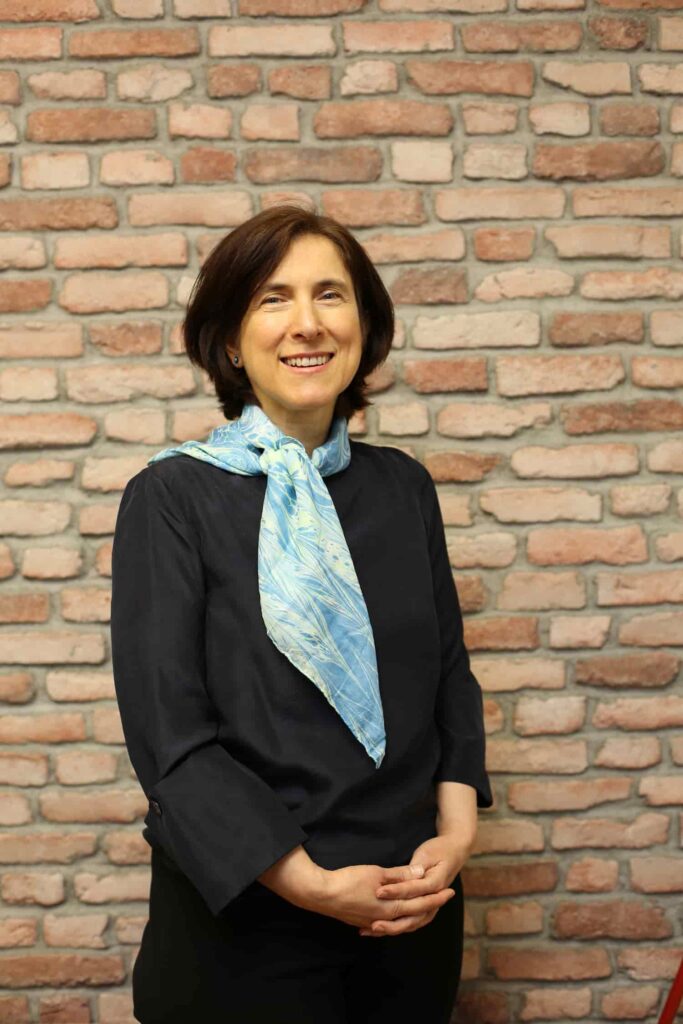
“To young people who want to get into tech: Don’t wait until you’re 100% ready—start now.”
Her inspiration to work in technology came from a strong belief that intelligence can be created and used for good. From an early interest in logic and computers, she was drawn to the idea of using artificial intelligence to solve real-world problems. Over time, what kept her motivated was the possibility of improving lives and helping people make better decisions using the power of AI. At the heart of TAZI’s work is the desire to fix a major problem in the AI world: accessibility. Most AI platforms today are made for data scientists. This often excludes the very people who understand the business problems the best. As a result, many AI models are difficult to understand or are underused. TAZI’s platform turns this idea on its head by allowing business users to understand and work with AI models directly. This approach builds trust and allows professionals to apply their knowledge to improve the models as real-world conditions change.
One of the technologies that excites Zehra the most today is adaptive AI. Unlike traditional AI, which needs to be retrained and redeployed when data changes, adaptive AI can keep learning in real time. This makes it more efficient and easier to maintain, and it allows for solutions that are more personal, flexible, and easier to comply with regulations. Adaptive AI is also more energy-efficient, which reduces its environmental impact—a key feature of TAZI’s patented learning system.
Zehra believes that her work is helping shape a future where AI is human-centered and inclusive. She sees AI not just as a collection of algorithms but as a tool for interaction. The goal is to empower everyone—not just a small group of technical experts—to benefit from AI in a responsible way. In her view, this is similar to how the internet helped spread information to everyone. AI, too, can become a tool for broad empowerment. TAZI’s efforts have been widely recognized. One of their proudest moments was being named a Best of Show winner at Finovate, a major financial technology event. The company has also been mentioned in more than 30 Gartner reports, including the Cool Vendor designation and an honorable mention in the Magic Quadrant. TAZI has earned a place on the FinTech100 list and participated in leading innovation programs like RevTech Labs and MassChallenge FinTech. These honors confirm that TAZI’s mix of advanced science and practical design is making a global impact.
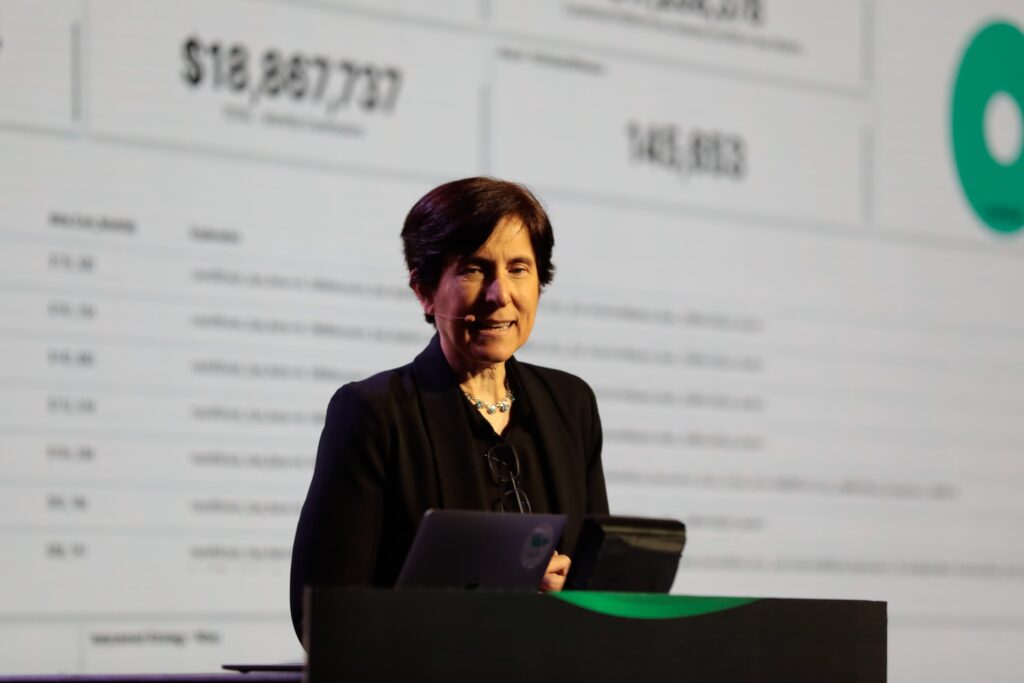
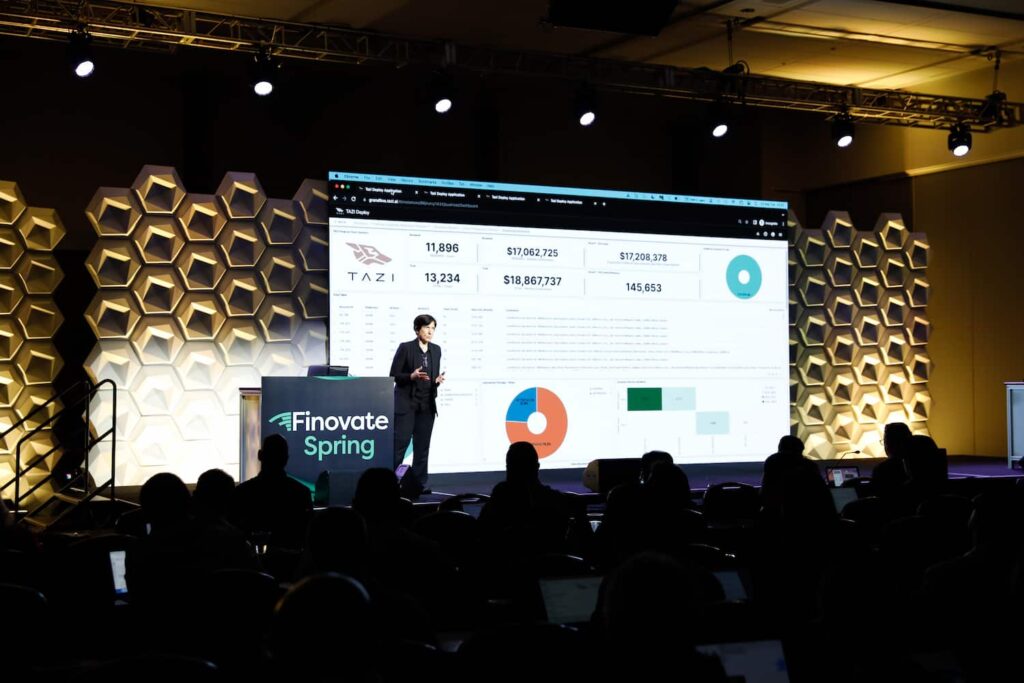
Despite these achievements, Zehra’s journey has not been without its challenges. One of the biggest hurdles has been changing the way people think about AI. Many assume it must be either too complex to understand or built as a generic solution that fits all situations. Zehra and her team have worked hard to show that AI can be both powerful and easy to understand. As a woman in Silicon Valley, she has also faced obstacles related to funding and visibility. These challenges only strengthened her determination. She learned that credibility takes time to build and that having a mission-driven, diverse team is crucial for overcoming barriers.
“We had to fight hard to show that AI can be both sophisticated and understandable.”
New ideas at TAZI often come from listening closely to users. Some of the best innovations were born from conversations where the team tried to truly understand a customer’s needs or frustrations. In addition to user feedback, TAZI invests heavily in research and works with academic partners on projects like TRUST-AI, which focuses on building ethical and understandable AI for the finance industry. To Zehra, being a tech visionary means more than just having bold ideas. It means imagining a world where technology supports people rather than overwhelms them. It’s about looking beyond hype and trends to understand the real effects technology has on daily life. For her, shaping the future of technology includes being fast in turning ideas into reality and questioning who the technology is for and why it’s being built.
Ensuring that TAZI’s technology helps everyone is a top priority. That’s why the platform is designed to require no coding, work in different languages, and be deployed either in the cloud or on a company’s own servers for better security. The system’s energy efficiency also supports sustainability. This approach makes it easier for businesses of all sizes, and from different regions, to benefit from AI. To stay ahead in a fast-moving field, Zehra combines curiosity with humility. She reads constantly, participates in tech communities like the Forbes Technology Council, and surrounds herself with a team that challenges assumptions. She believes that the best way to keep learning is by doing—especially in a field like AI, where changes happen quickly.
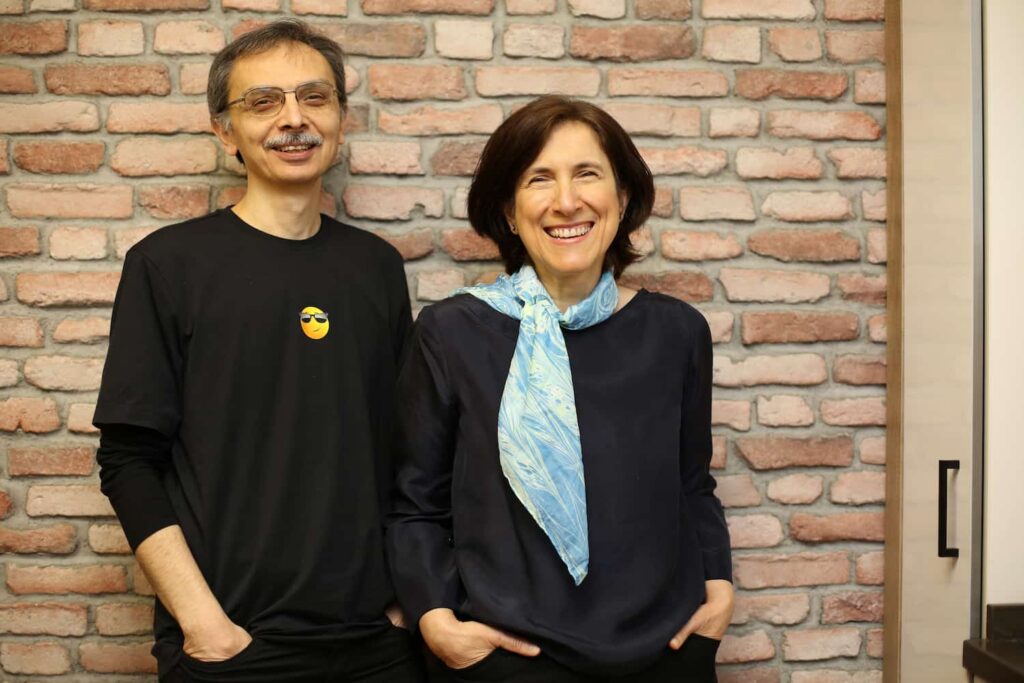
Zehra sees technology as an essential tool in addressing the world’s most serious problems—whether it’s climate change, access to healthcare, or financial inclusion. She argues that we can’t rely on guesswork to solve these challenges. We need tools that can adapt, learn, and give clear, trustworthy insights to decision-makers. However, these tools must be designed responsibly, with fairness and accountability at their core.
For young people interested in technology, Zehra offers some simple advice: don’t wait until you feel fully ready—start now. She encourages curiosity, creativity, and the courage to fail and learn. She believes tech needs all kinds of people and that the future depends on fresh voices, different experiences, and bold visions. One important area that Zehra feels doesn’t get enough attention is how AI systems learn after they’ve been deployed. Too often, companies treat AI as something that stays the same after it’s launched. But the real world is always changing—business conditions, customer behavior, and data quality are never static. That’s why continuous learning, even after deployment, is so vital.
Looking ahead to 2030, Zehra hopes AI becomes a regular tool for all kinds of decision-makers—not just in big companies but also in small businesses, non-profits, and local governments. She wants to see smart regulations that promote innovation while ensuring fairness and responsibility. Most of all, she hopes to see more diverse voices—not just using technology, but helping to design and shape it.
“AI isn’t just about algorithms, it’s about interaction.”
Through TAZI, Zehra Cataltepe continues to work toward a future where AI is not only intelligent, but fair, inclusive, and available to all. Her story is a reminder that technology, when built thoughtfully and shared widely, can truly make the world a better place.